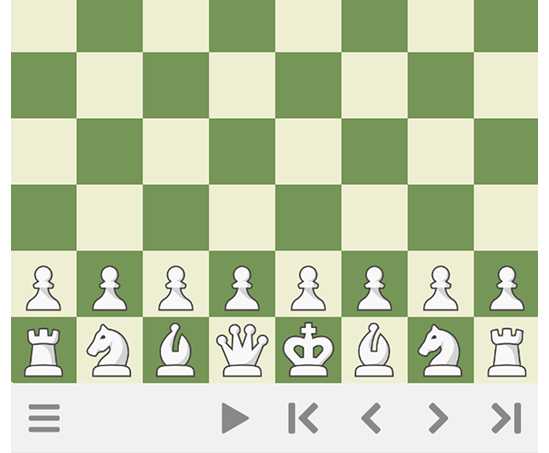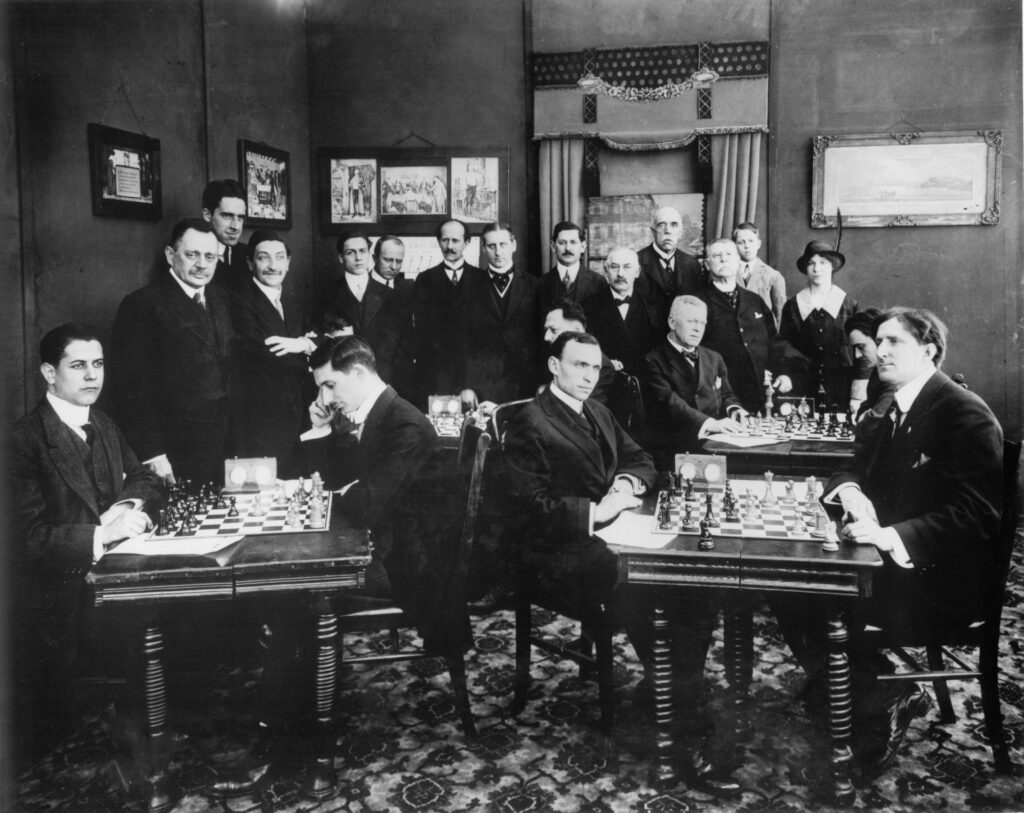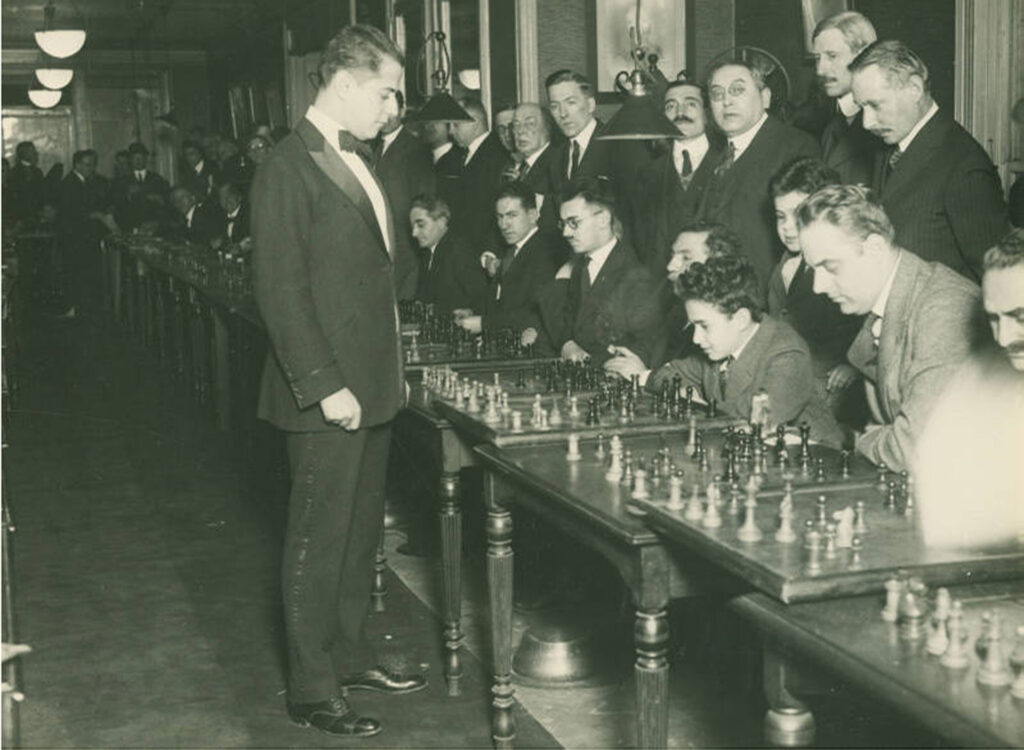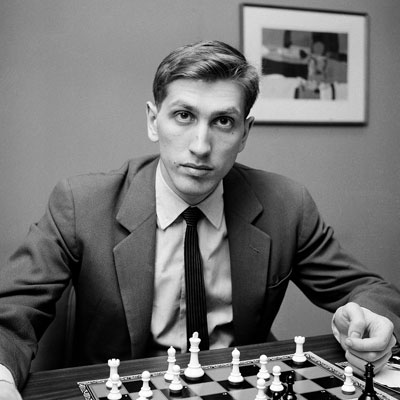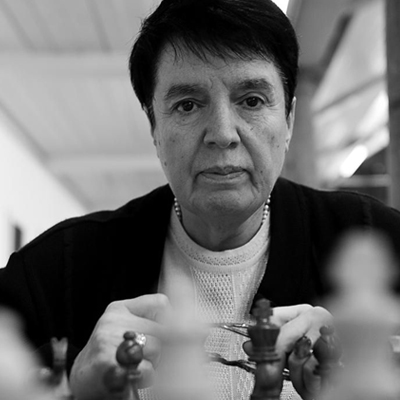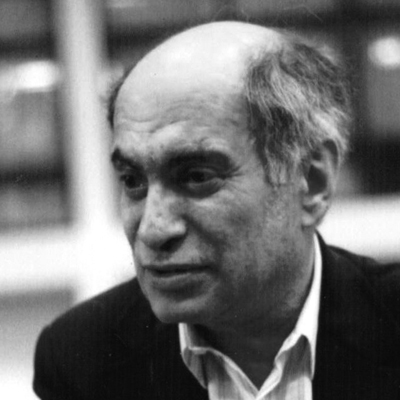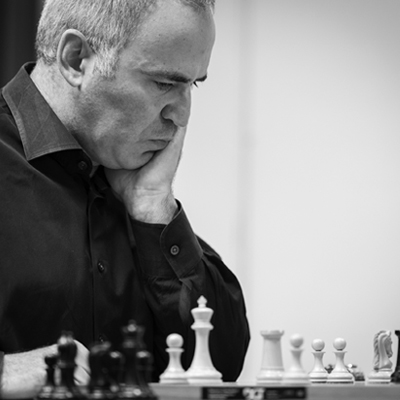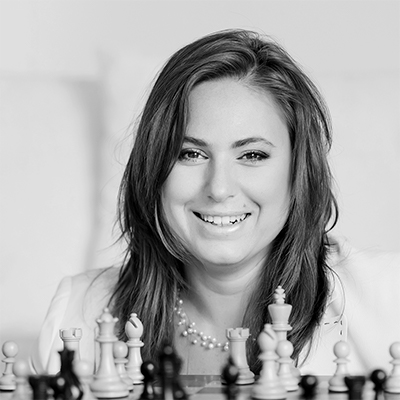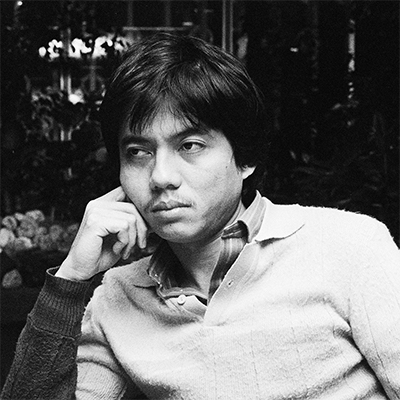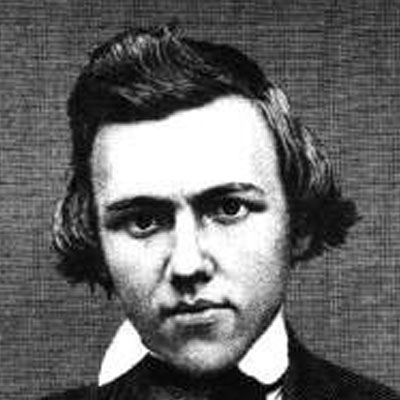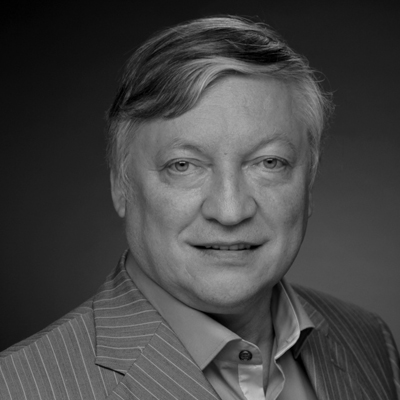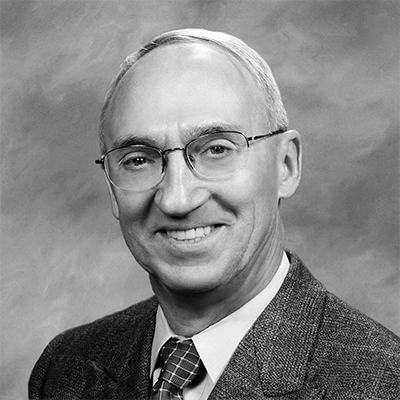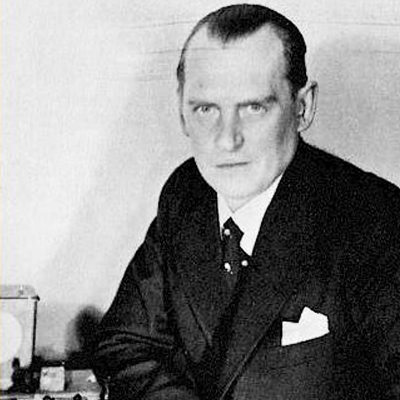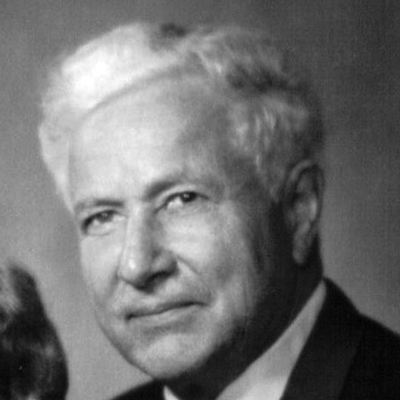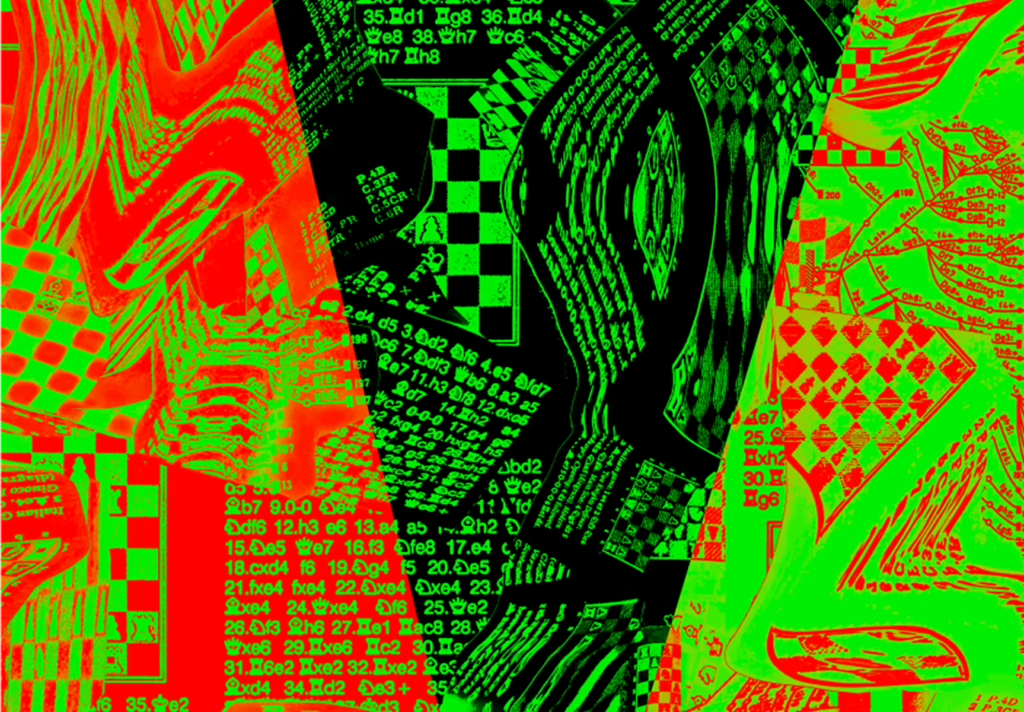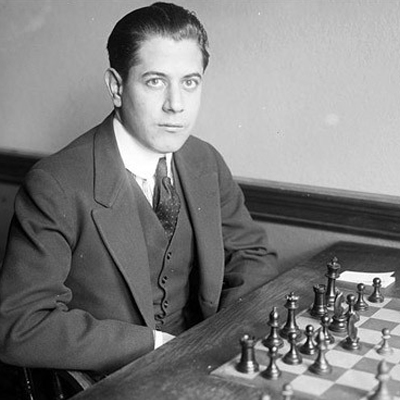
World Chess hall of fame
José Raúl Capablanca
Inducted 2001 1888 - 1942
Cuba
Biography
Nicknamed “The Human Chess Machine,” José Raúl Capablanca was born in Havana, Cuba. A true prodigy, he learned chess at age four and defeated Cuban champion Juan Corzo at 13. While attending Columbia University, he joined the Manhattan Chess Club and soon became its strongest player. He had a particular talent for rapid chess, defeating World Champion Emanuel Lasker in 1906. He eventually withdrew from Columbia to focus on chess.
His skill in rapid chess lent itself to simultaneous exhibitions. On a nationwide tour of 27 cities in 1909, he achieved a winning score of 96.9% over 607 games. He qualified for the 1911 World Chess Championship against Lasker, but he was unsatisfied with the terms of the match and did not compete. In 1913, Capablanca’s chess skills got him a job as an informal ambassador with the Cuban Foreign Office, representing Cuba at international events. He held exhibitions in London, Paris, and Berlin before his ultimate destination of Saint Petersburg in 1914, where he played and narrowly lost to Lasker. World War I halted international competition, but Capablanca continued to compete and dominate, losing only one game between 1914 and 1924. In 1921, Capablanca and Lasker competed in the 3rd World Chess Championship, where Lasker resigned after losing four straight games. Capablanca held the title until 1927, when he lost to Alexander Alekhine. He played in several tournaments attempting to regain his title, but despite performing well, he could never match his former greatness. He retired briefly in 1931 before returning later in the 1930s. International competition again was halted during World War II, and it was during this hiatus that he passed away in 1942.
Perhaps the greatest natural player ever, “Capa” often defeated world-famous opponents with apparent ease. He was a master of positional play, but could also play great tactical chess. Handsome and elegant, he is one of the most beloved and admired champions.
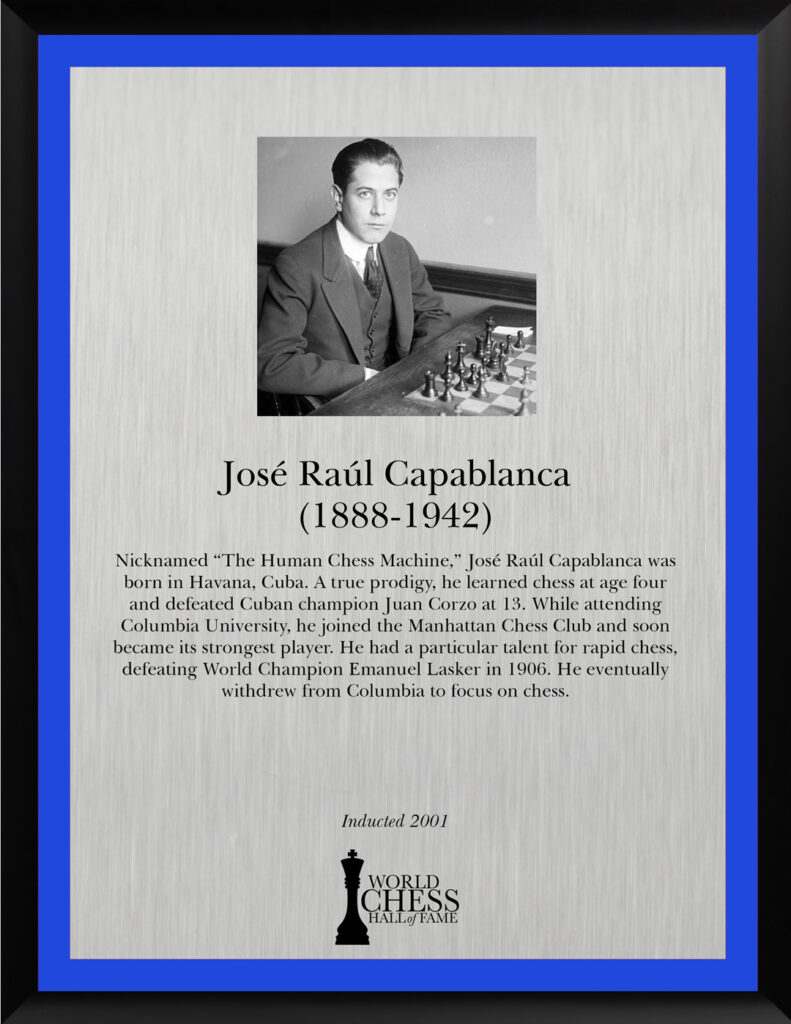
Notable Games
